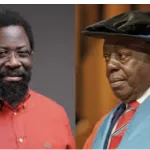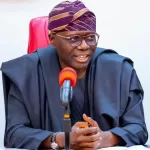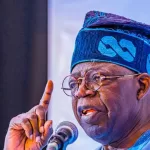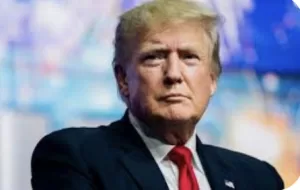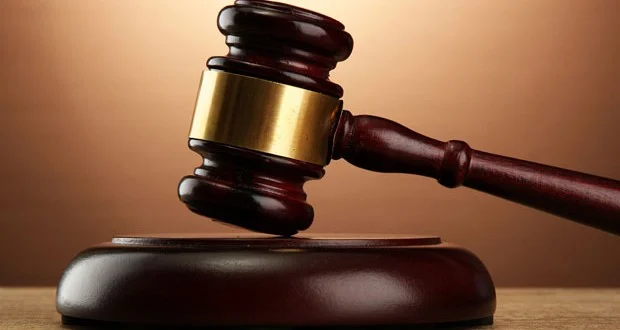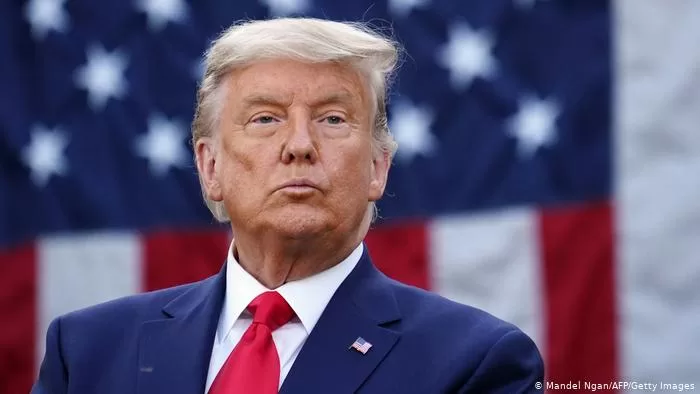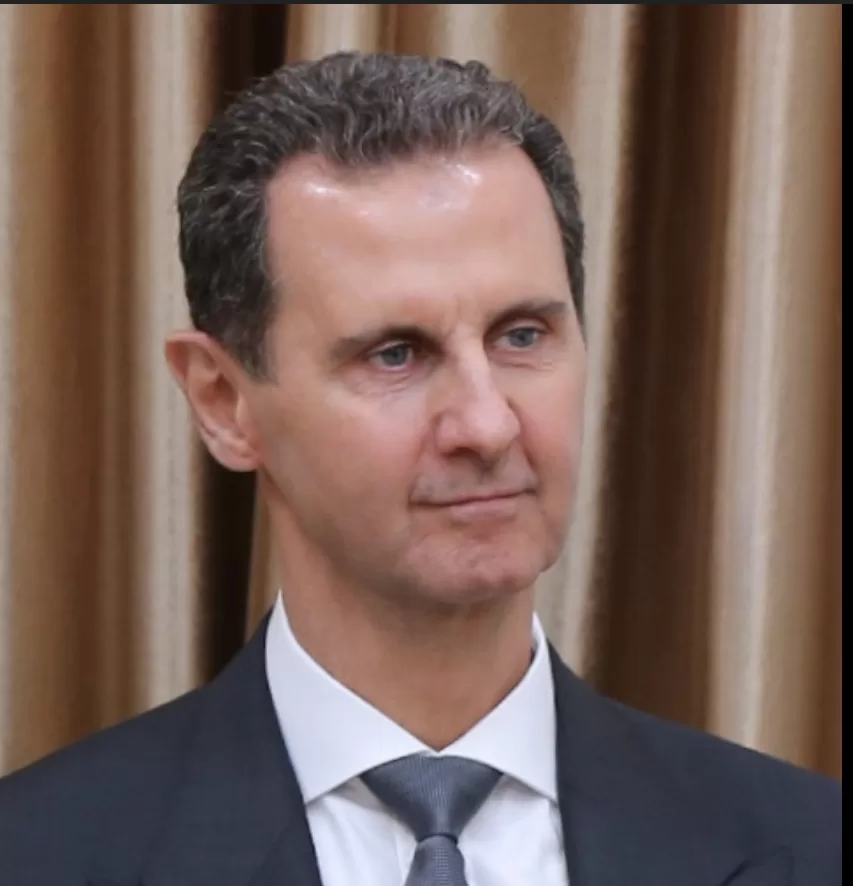Donald Trump, President-elect took a significant step toward shaping his upcoming administration on Thursday by announcing his first cabinet pick, signaling both his policy direction and the tone he aims to set.
Susie Wiles, his campaign manager, will serve as White House Chief of Staff, making history as the first woman to hold this influential role in a Trump administration. This appointment also marks Trump’s first major personnel decision following his decisive victory over Democrat Kamala Harris.
Trump’s landslide defeat of Harris, which stunned both US and international political circles, comes at a pivotal moment—just days after the election and more than two months ahead of his return to the White House. His first official cabinet pick reflects his broader ambition to dismantle policies of the outgoing administration, with particular emphasis on foreign relations and immigration.
As Trump eyes the future, his relationship with Russian President Vladimir Putin has already begun to take center stage.
Putin praised Trump as “courageous” for his handling of an assassination attempt at a campaign rally earlier this year, expressing willingness to engage in talks with the president-elect. “I’m ready to talk to him,” Putin said, a statement that marks a sharp contrast to the strained relations between President Biden and the Russian leader, especially since Russia’s invasion of Ukraine in 2022.
In an exclusive interview with NBC News, Trump confirmed that while he had not yet spoken to Putin since his election, he believed a conversation would soon take place. “I think we’ll speak,” Trump said, reinforcing his intention to take a different approach to US-Russia relations than that of the Biden administration.
The president-elect has long expressed skepticism about continued US support for Ukraine and previously signaled his desire to negotiate a peace deal in the ongoing conflict. Ukrainian President Volodymyr Zelensky, however, rejected calls for a ceasefire, labeling such suggestions as “dangerous.”
International reaction to Trump’s victory has poured in, with Chinese President Xi Jinping joining other world leaders in congratulating the president-elect. Throughout his campaign, Trump faced criticism from Harris and others for his positive rhetoric about authoritarian figures, including Putin. Yet, Trump’s foreign policy stance remains focused on recalibrating US alliances and challenging existing norms.
At home, Trump reaffirmed his controversial stance on immigration, including his intention to implement mass deportations of undocumented migrants. “I have no choice,” Trump told NBC News. “There’s no price tag too high.” This tough rhetoric comes as he works to form his transition team in Florida, while outgoing President Biden has vowed a peaceful and “orderly” transfer of power.
Biden, in a televised address on Thursday, urged Americans to “bring down the temperature” following a divisive campaign and election cycle. The 81-year-old president, in his first public remarks since losing the election, expressed confidence in the future and encouraged Democrats not to lose hope. “Remember, a defeat does not mean we are defeated,” Biden said, calling for unity within the party as it grapples with internal strife.
As tensions within the Democratic Party rise over Biden’s handling of his 2024 bid, especially his late decision to step aside in favor of Harris, the White House denied any regrets regarding his leadership decisions. Press Secretary Karine Jean-Pierre maintained, “He believed it was the right decision to make at that time.”
Despite his own tumultuous tenure marked by two impeachments and a criminal conviction for fraud, Trump’s victory underscores a desire for change among voters, particularly in the areas of economic policy and immigration. This discontent with the status quo has also driven support for Trump’s policy proposals.
Trump’s cabinet choices, particularly his first pick of Wiles, suggest his administration will be led by individuals with strong ties to his inner circle and a commitment to his broader agenda. Wiles, a Florida native, received praise from Trump, who described her as “tough, smart, innovative, and universally admired and respected.” He added, “She will continue to work tirelessly to Make America Great Again.”
The Trump team’s reshaping also includes names like Robert F. Kennedy Jr., who has been promised a “big role” in the administration despite his anti-vaccine stance. Kennedy, speaking with NBC News, clarified that he would not advocate for removing vaccines but mentioned that discussions about eliminating fluoride from public water supplies would be on the table.
Tech mogul Elon Musk, another prominent Trump supporter, is also rumored to be in consideration for a key role in auditing government spending, leveraging his business acumen. Musk, who has endorsed Trump’s vision for America, is seen as a potential ally in curbing government inefficiencies.
While Trump’s cabinet and policy agenda begin to take shape, it is clear that his administration will likely reverse many of President Biden’s signature policies. As a climate change skeptic, Trump is expected to push for more drilling and energy exploration, aiming to undo Biden’s green energy initiatives. However, the president-elect may face challenges in repealing laws that involve investments in Congressional districts, where local lawmakers may resist cuts.
As Trump prepares for his return to power, his vision of “America First” is set to redefine US domestic and foreign policy for years to come.


